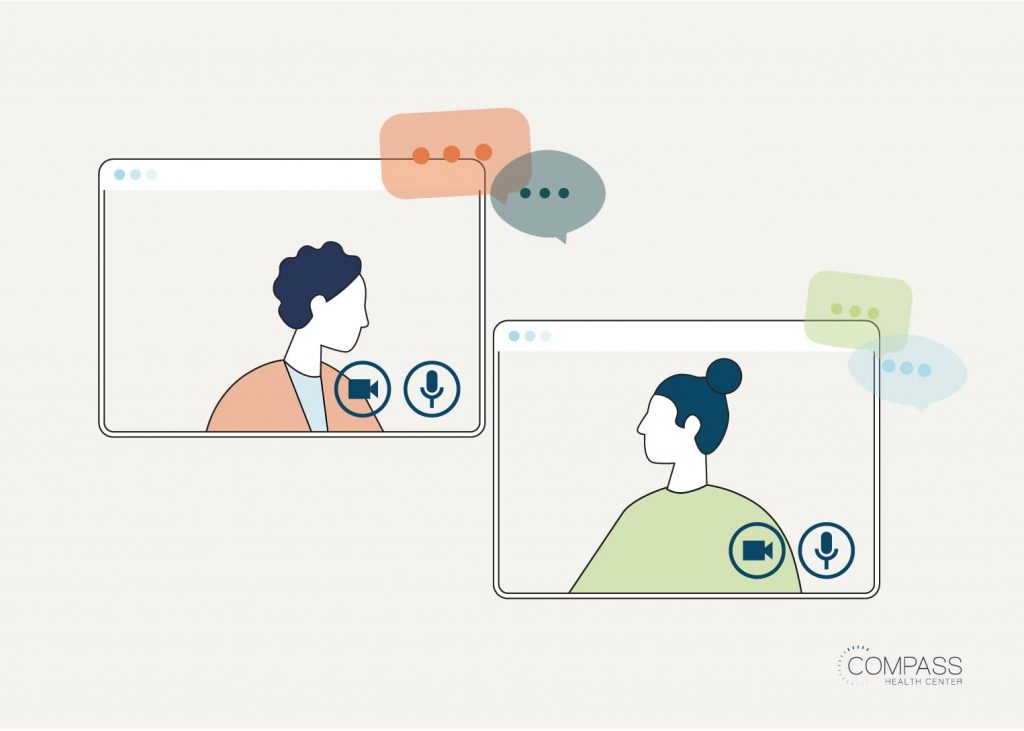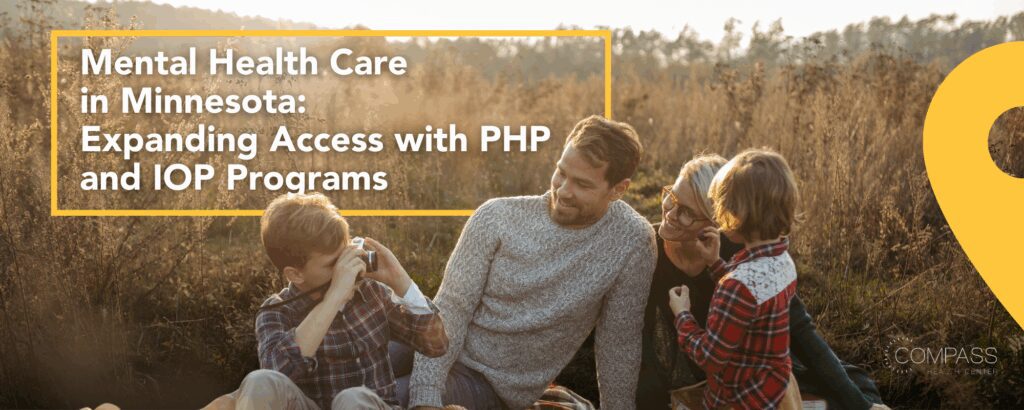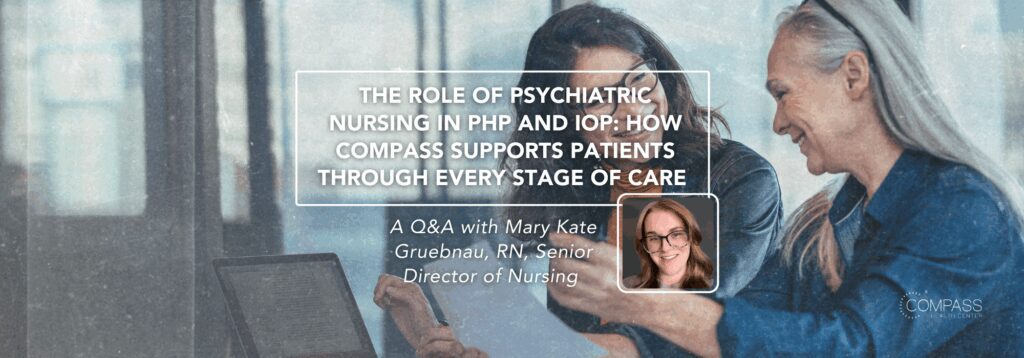
5 Barriers to Accessing Behavioral Health Treatment
Even though the rate of mental health disorders between rural and urban areas is similar in the US, those living in more rural areas are less likely to receive mental health treatment than those living in urban areas.
Picture this: You struggle to get through your daily life due to your mental health. Getting out of bed each morning has become a challenge, and you have started to miss days of work as a result. You have experienced trauma and been diagnosed with Post Traumatic Stress Disorder (PTSD), which makes going through or near places where the trauma occurred incredibly challenging. You live one hour from the nearest in-person Partial Hospitalization (PHP) or Intensive Outpatient (IOP) program. The high cost of travel without reliable access to public transportation poses another obstacle to accessing the support you need. Hesitant to try medication due to a bad experience with a previous prescription and with no high-quality therapeutic programs near your home, the only option is individual therapy—but you need more intensive support. Going to the emergency room is unnecessary, as suicidal ideation is passive. Without Compass Virtual PHP/IOP treatment, you have no viable options for care because your symptoms are “in-between” severity levels: too severe for individual therapy and not severe enough for hospital or residential.
It’s hard to imagine not being able to access the care you need in a crisis, but this is the reality for many individuals living outside of urban centers. The scenario described above applied to an actual Compass patient* who, after starting Compass Virtual’s Mood & Anxiety PHP for adults and building trust with a Compass psychiatrist via Zoom, eventually agreed to try medications to help decrease symptoms. In addition to learning coping strategies, the patient worked with a Resource Therapist to update their resume and practice cover letter writing and interview skills. They eventually transitioned their care to Compass’s Intensive Outpatient Program (IOP) and were able to secure a new job before being discharged from the program.
Expanding access to adequate and comprehensive behavioral health care is crucial to avoiding unnecessary and costly ER visits and inpatient hospitalizations. Many individuals can avoid higher levels of care through non-hospital based Partial Hospitalization (PHP) and Intensive Outpatient (IOP) programs. At Compass, patients see a psychiatrist or nurse practitioner within 24 hours of admission to our program and then weekly while in treatment.
5 Key Barriers to Behavioral Health Treatment in the United States
Individuals who live outside of metropolitan centers face unique challenges when attempting to receive successful and comprehensive treatment for mental health conditions. Compass Virtual is not only increasing access to mental health services but becoming an immediate solution in addressing the needs of those seeking quality treatment in rural areas.
- The stigma around mental health treatment and concerns about anonymity when seeking treatment
- Shortage of behavioral health providers and professionals across the country
- Lack of culturally competent treatment for minority populations
- Affordability
- Transportation
Virtual treatment is also an excellent option for working professionals who do not want to seek treatment in their community for fear of being “outed” as having mental health issues. Compass frequently hears this concern from lawyers, doctors, and those working in business settings who are admitted to its Evening PHP/IOP programs. Virtual treatment is effective because the group is a heterogeneous mix of patients from communities all over the state, not concentrated in one geographic area.

About Compass Health Center and Compass Virtual PHP/IOP
Founded in 2011, Compass’s multidisciplinary treatment team consists of 50+ prescribers and 450+ master-level clinicians across four locations, including Compass Virtual, which launched in 2020. All programs include psychiatry, medication management, daily group therapy, individual therapy, family therapy, and experiential therapy. There is frequent communication between outpatient providers, Compass prescribers, and treatment teams. Continuity of care is integral to Compass’s care model, and patients return to outpatient providers upon successful discharge. If they do not have an outpatient provider, Compass helps find them one before completing the program.
Contact us to speak with an intake specialist and learn more about Compass Virtual PHP/IOP programs. Conversations around mental health can be difficult, and our expert clinicians help make them more approachable.

*Details of the case scenario have been changed to protect the patient’s identity.


